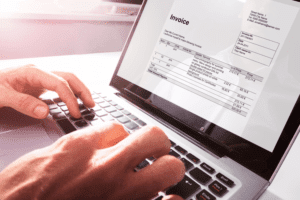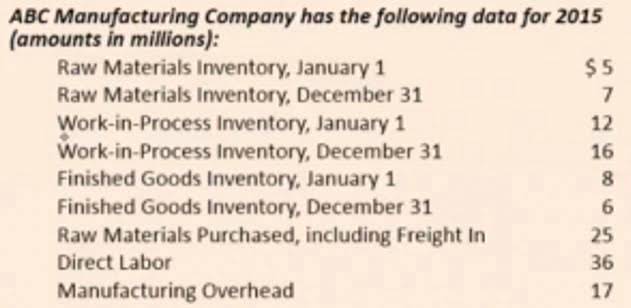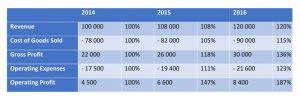Certifications like the Certified Bookkeeper (CB) designation from the American Institute of Professional Bookkeepers (AIPB) enhance credibility and demonstrate expertise. These credentials are often prerequisites for higher-level positions and can increase earning potential. As you approach the culmination of your journey towards becoming a Certified Public Accountant (CPA), it’s essential to recognize that the path is not solely academic. The integration of practical experience into your CPA timeline is a critical component that can significantly influence your success. From the perspective of a recent graduate, the requirement for experience may seem daunting; however, it’s an opportunity to solidify one’s understanding and gain a competitive edge in the job market. For seasoned professionals, this phase is a chance to refine skills and potentially specialize in a niche area of accounting.
Is bookkeeping good experience as someone who is a college student getting their accounting degree?
One of the great things about being a bookkeeper How to Run Payroll for Restaurants is that you can get a very respectable salary without needing a lot of lengthy training. While there are part-time jobs, if you work a full-time salary, your average annual wages are roughly $44,100. Understand what professional accounting experience truly entails and effective strategies to acquire it.
Advice – What can be considered accounting experience?
As such, experience is not just a requirement; it’s a fundamental part of the CPA’s professional identity. To clear up the CPA work experience what counts as bookkeeping experience requirements once and for all, we’ve compiled this guide to help you understand exactly what’s required to earn your CPA license. Entry-level jobs often hire people with no experience and train them on-site.
How do I start a career in bookkeeping?
What matters most is your ability to help clients understand their finances. If you’re organized, good with numbers, and ready to learn, bookkeeping offers a flexible path into a growing field—possibly without a degree. Intuit Academy offers courses that teach bookkeeping basics, and successful test-takers may use their badge and certificates for education and career advancement.
- While the CMA work requirements are necessary, some special case allowances exist.
- These opportunities provide aspiring CPAs with a platform to apply classroom concepts in real-world scenarios, offering a glimpse into the day-to-day responsibilities of accounting professionals.
- For aspiring CPAs, understanding these differences is crucial to planning their career path effectively.
- But offering financial advice and tax planning typically fall under accounting.
- While specific rules vary by state board, the work often involves accounting, attest, tax, or consulting skills.
- If you want to showcase your skills, I recommend that you read my guide on how to mention your previous work experience in your CV.
- Internships can be extremely valuable in getting the accounting experience you need.
- Accountants analyze the financial data bookkeepers curate to provide strategic insights and financial forecasts as part of the accounting process.
- It also opens the possibility of becoming a remote QuickBooks Live bookkeeper with Intuit.
- It’s also a challenge for many candidates to decide which certification they need and want.
- It is important to continually seek opportunities to grow, expand knowledge, and stay updated on industry trends to remain competitive in the field.
- Both for teaching accounting at a college or university or work experience in the field of accounting without the supervision of a licensed CPA, the work experience requirement is 4 years.
A debit entry is made in one account, and a corresponding credit entry is made in another, ensuring the total debits equal the total credits for each transaction. This maintains the balance of the accounting equation and serves as a check for accuracy. Generally, debits increase asset and expense accounts, while credits Certified Public Accountant increase liability, equity, and revenue accounts.
- Although rules apply about the “verifier”—or the person who will certify that you completed your work requirement—state boards usually don’t have restrictions on where you work.
- One way to figure this out is through looking at the stipulations listed on the state’s ‘Experience Verification’ form.
- Bookkeepers can boost their career prospects by certain degrees and certifications.
- Some may still write each transaction down in an actual book, but in modern times, many of the “books” you keep will be digital files.
- Her purpose is to empower entrepreneurs with the tools to make the best decisions for their business.



